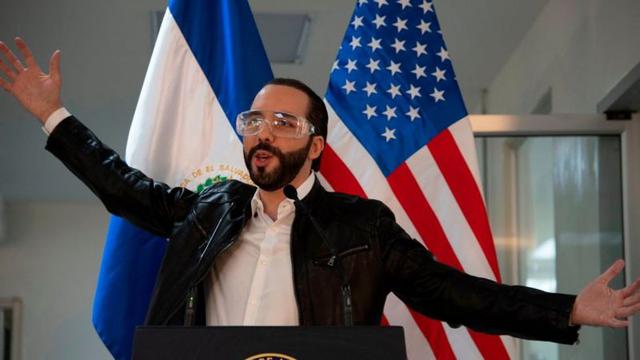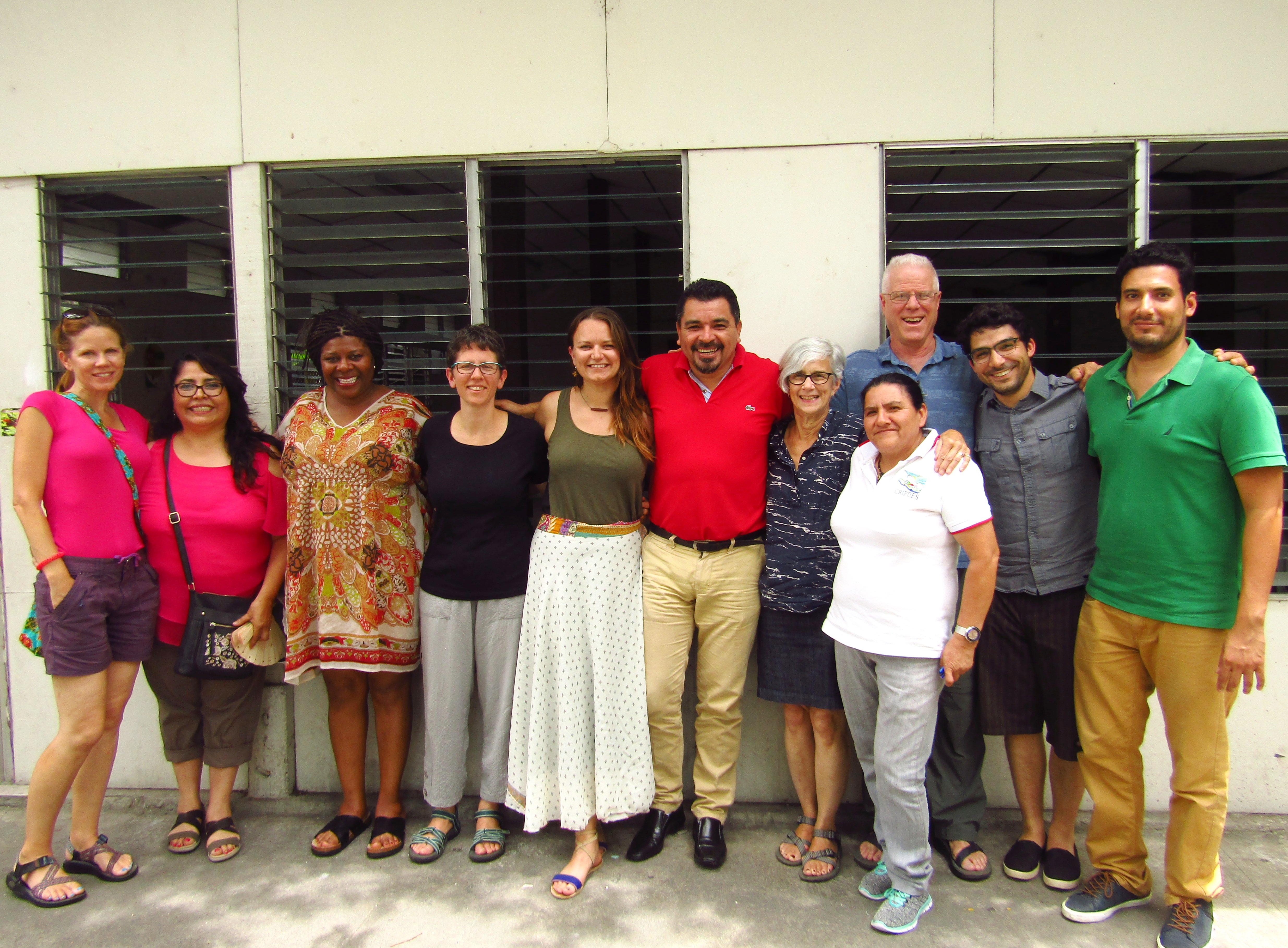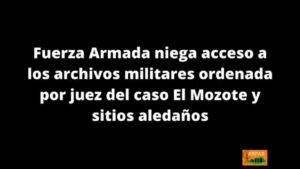Human Rights, Politics
The situation of media in El Salvador
On October 5th, a new newscast started broadcasting on a State channel to report the government’s activities.
ARPAS editorial offers the following analysis:
Nayib Bukele (…) has managed to impose himself on the agenda and in the public debate thanks to the intensive use of social media and the condescension of most traditional media, especially television. The critical press of his administration is basically alternative, investigative and printed newspapers.
Furthermore, the Bukele administration has illegally taken control of media supervised by CONAB, the state body that manages assets in extinction of domain.
Public media are always under the state umbrella, but they function as spaces for open and serious debate on relevant issues, reflecting diverse and varied information, analysis and opinions from all sectors of society. They ensure transparent, inclusive and democratic public deliberation.
Germany (DW), England (BBC), Spain (TVE) and other European countries have developed this tradition of public media. In Latin America there have been attempts in Argentina, Brazil, Ecuador and other countries.
In El Salvador, during the government of former President Mauricio Funes, a bill was presented in the Legislative Assembly to convert state media (Channel 10 and National Radio) into public media. However, said regulation was never even discussed and – until today – is laying somewhere in the Legislation floor and Constitutional Points Commission, due to the disinterest of the deputies and the lack of support from even the government that presented it.
The government’s new endeavor comes as no surprise for those who have been paying attention to investigative (and critical) reports that have received an enormous backlash from the presidency and the press secretary, Ernesto Sanabria. BBC published a new report that was trending on the Salvadoran Twitter earlier today.
On September 25, Bukele (used) national radio stations and television networks to once again attack several independent media and report that El Faro was the subject of an investigation “for tax evasion and money laundering.”
“Some journalists say that this government attacks the press; we are committed to freedom of speech, but some go by publishing a string of lies and what we do is deny them. That is not a violation of freedom,” the president said.
“Do you mean that any money launderer, drug trafficker or tax evader, only has to create a newspaper and then no one can investigate them?” He asked on Twitter the next day, when the investigation had already been denounced by many as a new attack against journalism.
For Natalie Southwick, coordinator of the Program for Central and South America of the Committee to Protect Journalists (CPJ), there are many elements that suggest that this is not what is happening in the case of El Faro.
“It is the power of a government to conduct audits. But when you have a president announcing questionable investigations without warning at a press conference, and he is always attacking the same journalists and the same media, there is every reason to be concerned. At the very least. it shows a pattern of intimidation”, she tells BBC Mundo.
“Since Bukele came to power, he seems increasingly aware of the tools that he can use as president to try to intimidate and harass the media that he perceives as critical and has been using them more and more frequently. And it is a tactic that we have seen used by other political leaders in the region” she warns.
The report even comments how VICE, one of the few outlets that had access to the (still) popular president recently started questioning his actions:
El Salvador’s Hipster President Is Attacking the Media
The BBC report also includes quotes from the director of El Faro, José Luis Sanz:
“He is still very popular because, to this day, El Salvador continues to search for reasons for hope. And the hope is Nayib Bukele. You cannot ask a country that has suffered so much to give up its hope in just one year, especially when there are no alternatives”, acknowledges the director of El Faro.
“But even so, in certain layers of society you already see the surprise and disappointment, because Nayib Bukele has broken too many things in a very short time,” he clarifies.
“It is not only that he is attacking the traditional media, it is that he is attacking the non-traditional media; it is not only that he is attacking the political parties, which now have very little credibility, it is that he is attacking the Central American University (UCA), the Jesuit University that continues to have enormous credibility, it is not only that he is attacking the Legislative Assembly, it is that he overlooks the Constitutional Chamber, and with previous governments the Constitutional Chamber was the a brake on abuses”
For Sanz, Bukele “is taking a complicated path, because he is not asking the population to believe in him, he is asking them to only believe in him”, which does not seem sustainable over time.
“And what remains for us is to continue denouncing the situation internationally and making use of national legal channels. And we are going to do so until the end” he promises.




